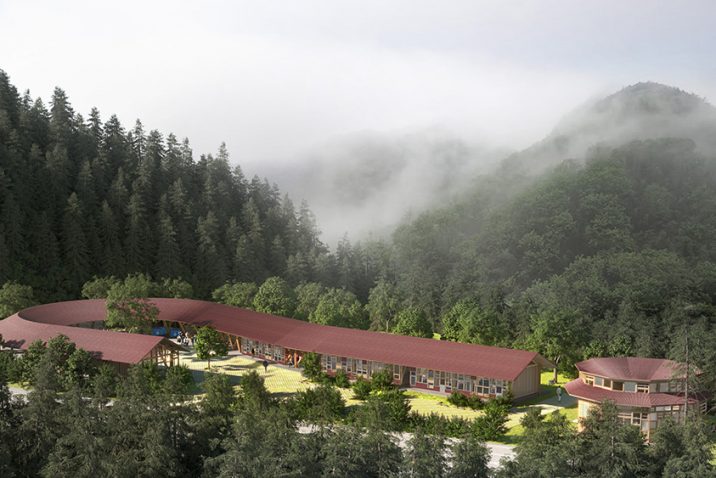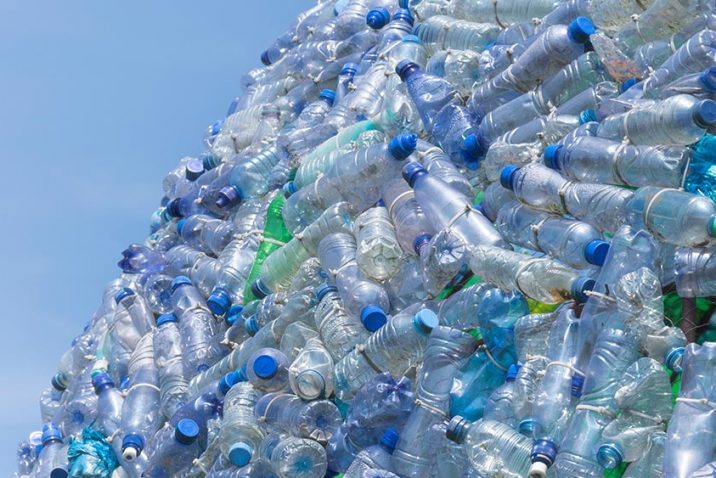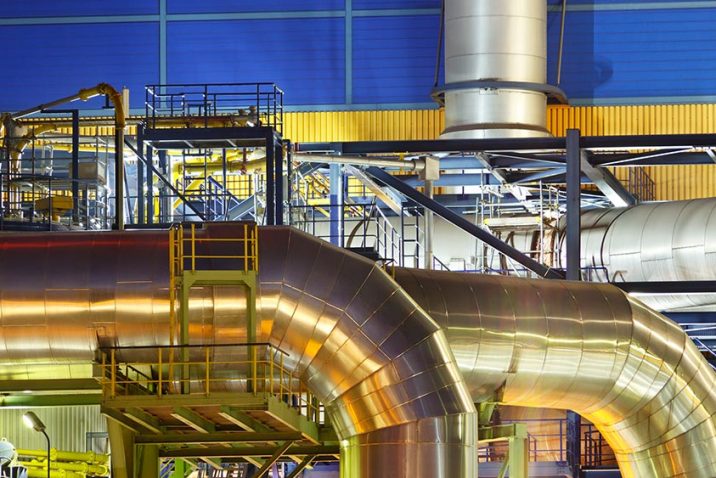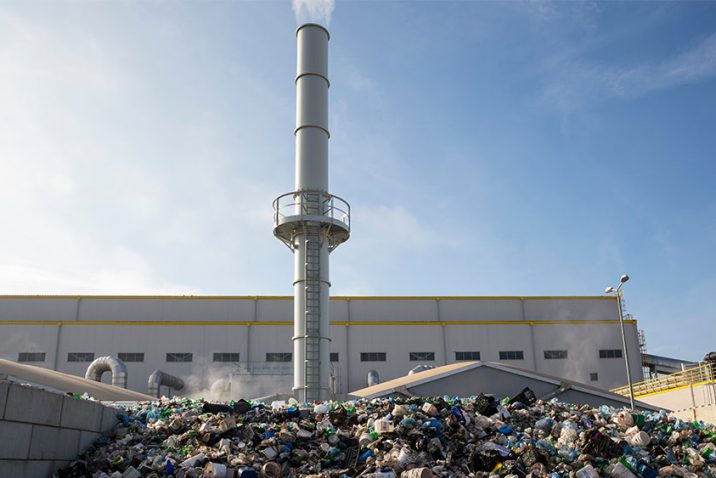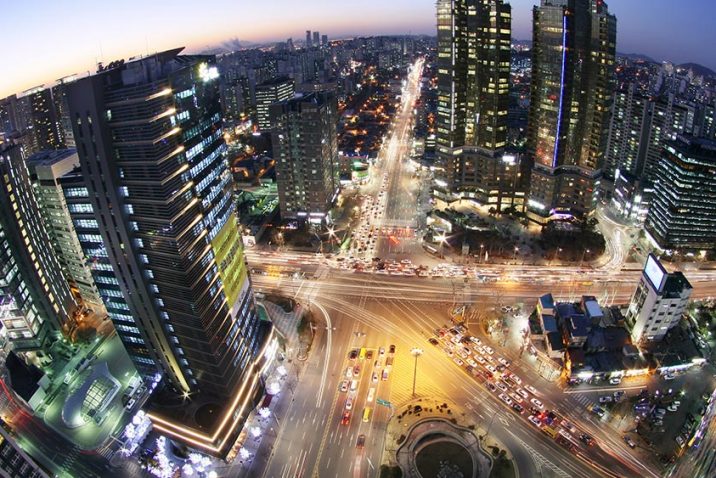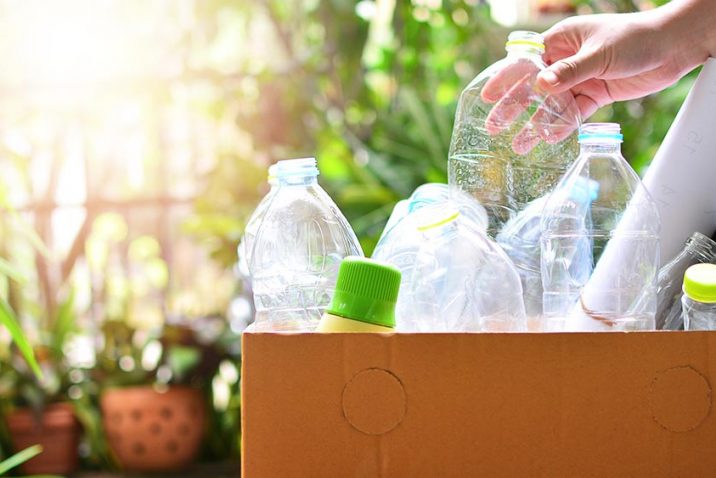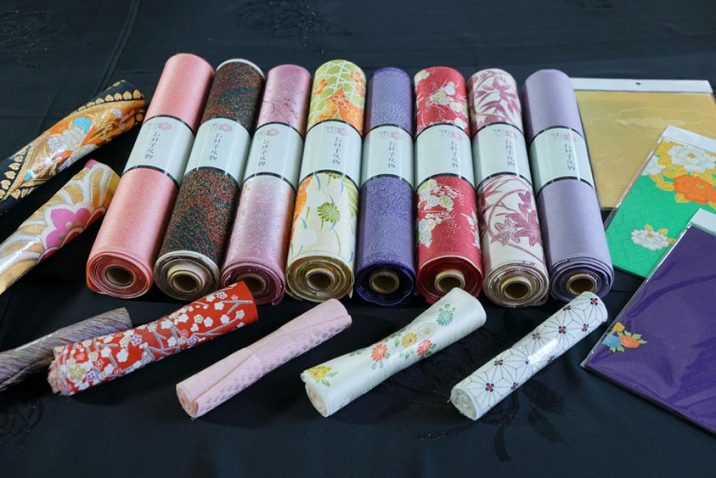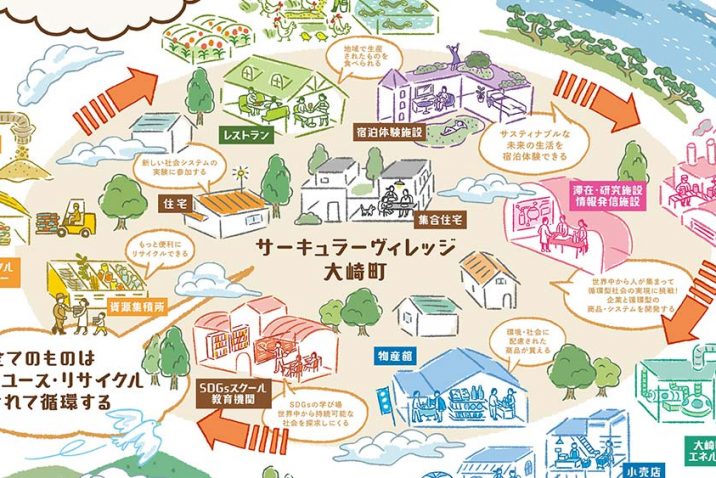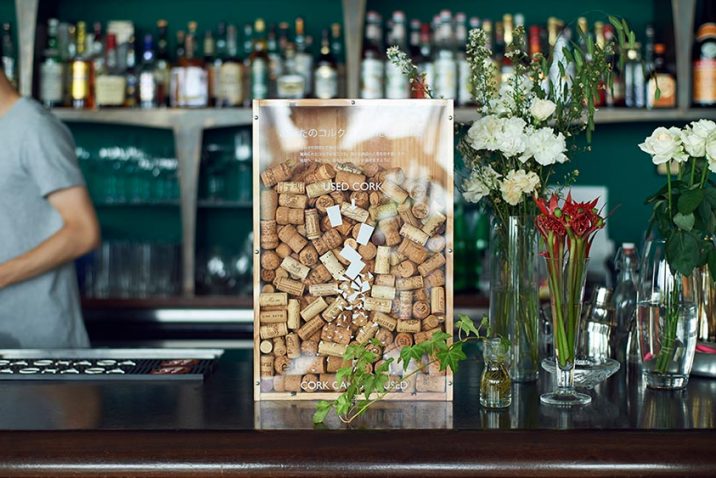In Japan, waste disposal is managed at a municipal level. As in most Japanese cities, residents of Kamikatsu are responsible for sorting their household waste, but this town has 45 categories of garbage. Kamikatsu is a small town of 1,500 in Shikoku...
According to a 2018 report issued by the Ministry of Environment, 25% of Japan’s plastic waste is recycled. 57% goes through thermal recycling, which involves incinerating the waste to produce heat and electricity. Another 18% is either incinerated...
Effective incinerators are expensive to build, therefore, it can take years until the economic benefits start to materialize. For example, in the U.S., a trash incinerator plant costs $280 million to build, which is two to three times more expensive...
The role of waste-to-energy plants is to turn non-recyclable waste into heat and electricity, thus reducing landfill usage and the need to burn fossil fuels. Simultaneously, waste-to-energy plants also help reduce the levels of methane generated...
Zero waste is an approach that helps us redesign our life and society to significantly reduce, and eliminate the use of materials that eventually end up in landfills. To actualize this shift towards sustainable consumption patterns, efforts and...
Progress towards a circular economy should include not only individual efforts through better consumption habits. Systemic change at a policy level is vital too. For example, the South Korean government banned dumping food waste in landfills in 2005...
Recycling is one of the most beneficial waste management practices. It saves resources, energy and the environment while reducing landfill usage. Take plastics, for instance, the versatile yet problematic material at the center of the global waste...
A Tokyo company that upcycles used kimono fabric has won an EcoPro Award for a circular economy initiative that passes on an aspect of culture. Nihon Reuse System received the excellence award for its “ohariko jigyou,” or seamstress...
A small town in Kagoshima is increasing its efforts to achieve the Sustainable Development Goals by 2030. Osaki town is located in the eastern Osumi Peninsula, the southern part of Kagoshima Prefecture. It faces the Pacific Ocean, has a little over...
TOKYO CORK PROJECT, led by GOOD DEAL COMPANY, launches a new brand anela, which carries a range of lifestyle products made from recycled materials. The TOKYO CORK PROJECT is a project started ten years ago when Shingo Kitamura realized the severity...


